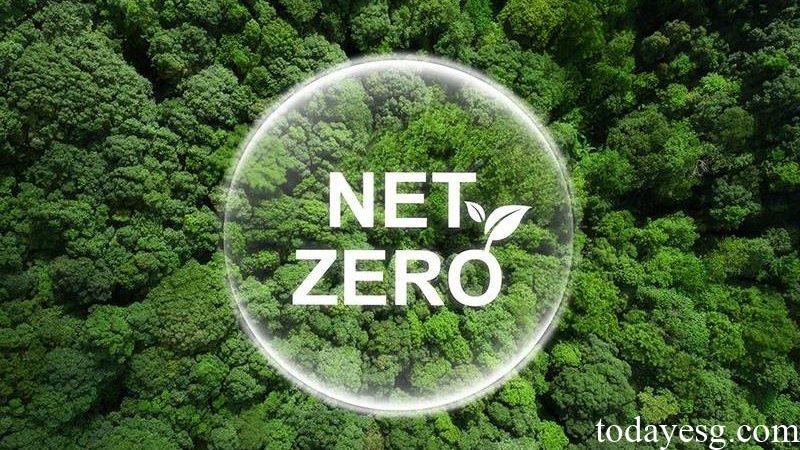Net Zero Investment Report
The Asia Investor Group on Climate Change (AIGCC) releases a net zero investment report to analyze the development of net zero investment in Asia.
This report analyzes the net zero investment data of more than 200 asset owners and asset managers in Asia, covering a total of 15 jurisdictions with a cumulative AUM of US$76 trillion.
Related Post: Glasgow Financial Alliance for Net Zero Releases 2023 Annual Progress Report
Developments in Climate Governance
Most investors have recognized the risks and opportunities that climate change brings to the investment industry, with asset managers accounting for more than asset owners (84% vs 50%). 62% of investors believe that regulatory policies are the primary factor in considering climate factors, 60% of investors hope to improve investment returns through climate governance, and 57% believe that the implementation of climate governance comes from investors’ demand.
68% of asset managers and 43% of asset owners have integrated climate change into investment decisions, and more than two-thirds of these investors have implemented climate governance at the board level. 49% of investors regularly report climate-related financial indicators to senior management, 47% provide climate training to employees, and 19% link executive compensation to climate governance results.

Developments in Climate Investment
When it comes to climate investing, investors take several different approaches, with corporate engagement and active management accounting for the highest proportion (78%). Negative screening (72%) and thematic investing (64%) came in second and third place. A lower proportion adopts portfolio tilting (28%) and strategic asset allocation (19%). 42% of asset managers and 26% of asset owners have set net zero targets, with more than half of these being short-term targets.
When it comes to investing in climate solutions, 35% of investors use third-party data providers, 33% use internal frameworks and 35% use taxonomies for sustainable activities. Among climate investments, renewable energy (63%), energy storage (40%) and low-emission fuels (40%) account for a higher share. 40% of climate investments are in Asia, followed by Europe (35%).
36% of asset managers and 7% of asset owners have joined some net zero organization, including the Net Zero Asset Managers and Paris Aligned Asset Owners. 24% of asset managers and 19% of asset owners already have fossil fuel policies in place, with 10% planning to apply these policies across all AUM. Compared to climate change, asset managers and asset owners are less concerned about biodiversity, at 12% and 1% respectively.
Developments in Corporate Engagement
Investors are using their influence to drive climate action in their investees. 71% of investors have meaningful interactions with companies, and 62% have joined a climate advocacy alliance (such as Climate Action 100+). 48% of investors have required investee companies to establish net zero transition plans, and 38% have climate-related proxy voting policies.
For investee companies that do not have clear corresponding net-zero requirements, 40% of investors have formulated an escalation strategy and 25% plan to submit climate resolutions.
Developments in Climate Disclosure
50% of asset managers and 26% of asset owners have developed detailed climate disclosure standards in accordance with the Task Force on Climate-Related Financial Disclosures (TCFD). 18% of investors have hired external audits to improve the credibility of climate information.
97% of investors have published greenhouse gas emissions data, 51% have measured the carbon emissions of their investment portfolios, and 22% have publicly disclosed these data. 33% of investors conduct scenario analysis on their investment portfolios, with stocks and bonds (70%), real estate (48%), and infrastructure (39%) accounting for a higher proportion. 19% of asset managers and 11% of asset owners have completed physical climate risk assessment actions.
Investors and Climate Policy Advocacy
Investors are actively participating in climate policy advocacy activities. 64% of investors carry out policy advocacy through AIGCC and others, 48% participate in climate change-related seminars, 46% submit documents for regulatory agencies’ climate consultations, and 41% publish climate-related statements and open letters.
In climate related difficulties, a lack of data (57%), unclear framework (38%) and uncertain climate policy (32%) may have an impact on net-zero investments.
Reference:
The State of Net Zero Investment: Mainstream Recognition of Climate Risk








